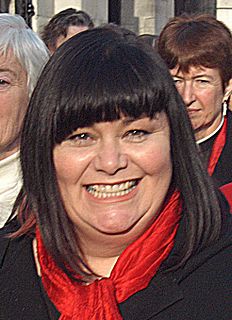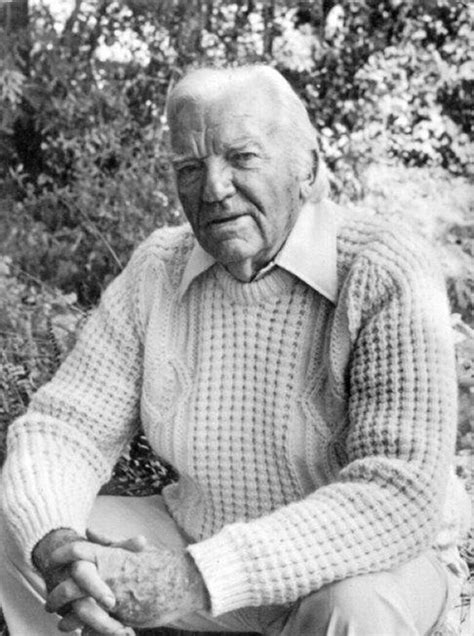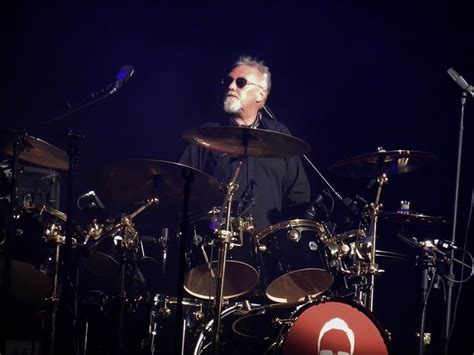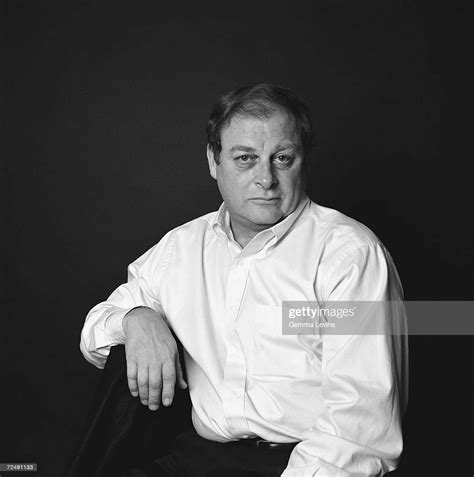A Quote by Dave Eggers
Tim O'Brien's book about Vietnam, The Things They Carried, has won every award, is studied in college and is considered to be definitive. But it's fiction.
Related Quotes
Since I was a kid. I had this series by Ballantine Books about the history of World Wars I and II. In my 20s, it was the Vietnam War literature of novelists like Tim O'Brien, Philip Caputo, and Tobias Wolff, and then nonfiction such as "A Bright Shining Lie" by Neil Sheehan and "The Best and Brightest" by David Halberstam . Those are the two best histories of Vietnam.
In fact, I always assumed that most everything I read was true, to one degree or another. I couldn't articulate this fact until after I read Tim O'Brien's The Things They Carried and he discussed Happening Truth, Story Truth, and Emotional Truth. I always understood that the facts of The Sun Also Rises or On the Road were the facts as dictated by a certain narrative structure, but because the experiences of those characters echoed my own feelings about the world. I knew there was a Happening Truth behind them.
Every book that comes out, every article that comes out, talks about how - while it may have been a "mistake" or an "unwise effort" - the United States was defending South Vietnam from North Vietnamese aggression. And they portray those who opposed the war as apologists for North Vietnam. That's standard to say. The purpose is obvious: to obscure the fact that the United States did attack South Vietnam and the major war was fought against South Vietnam.
Somebody said, "Well, you're going to write your definitive book about your life, biography." No, I'm not. I haven't done that. I wrote a book of letters which gives an insight into the real me as opposed to the public perceptions of me. But I'm convinced historians will figure out the things we got wrong and hopefully the things we got right.
The annual award of $5,000 goes to an author for a meritorious book published in the previous year for children or young adults. Scott O'Dell established this award to encourage other writers--particularly new authors--to focus on historical fiction. He hoped in this way to increase the interest of young readers in the historical background that has helped to shape their country and their world.





































